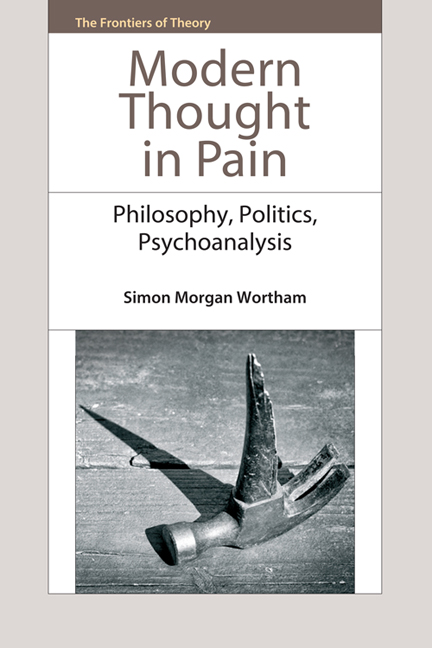4 - Pain of Debt, or, What We Owe to Retroactivity
Published online by Cambridge University Press: 05 September 2016
Summary
Graeber's First 5,000 Years of Debt
In his much-acclaimed book Debt: The First 5,000 Years, published three years into the current global economic crisis, David Graeber identifies two ‘origin stories’ that largely dominate commonplace understandings concerning the invention of money and the onset of debt. The first is the myth of barter. According to an idealised view of archaic human communities, before money systems developed it was barter that predominated as the exchange-form characteristic of basic social relations. People simply swapped goods and services to the benefit of their own interests and, by extension, those of the community as a whole. However, the barter system had it limits. From the outset, it depended on a double coincidence of wants (I have what you want and vice versa). Then, as societies became more complex, it required increasingly sophisticated and often cumbersome multilateral transactions and valuations to ensure the desired distribution of an enlarged number of goods. Thus, the story goes, some consensual medium of exchange was required to simplify the process – hence the birth of money. Graeber shows how this ‘origin story’ of barter is largely founded on hypothetical language (‘suppose you want eggs for your breakfast and have only bread …’) and argues that ethnographers have yet to find any example, past or present, of a barter economy pure and simple. Rather, he points to the credit-based nature of most basic human economies as, anthropologically speaking, the more accurate and prevalent historical context for the development of money systems. Here, barter is merely an epiphenomenon in the story of money – a by-product of money systems, employed by people who for some reason or other cannot use currency and are unprepared to operate within the trust-based world of credit (for instance, while trading with strangers or enemies during times of conflict).
Why then is the ‘origin story’ of barter so widely accepted and so little questioned? How did it acquire currency? Graeber suggests that the myth was crucially important to the founding of economics as a discipline, and indeed to ‘the very idea that there was something called the “economy,” which operated by its own rules, separate from moral or political life, that economists could take as their field of study’ (p. 27).
- Type
- Chapter
- Information
- Modern Thought in PainPhilosophy, Politics, Psychoanalysis, pp. 101 - 123Publisher: Edinburgh University PressPrint publication year: 2014

